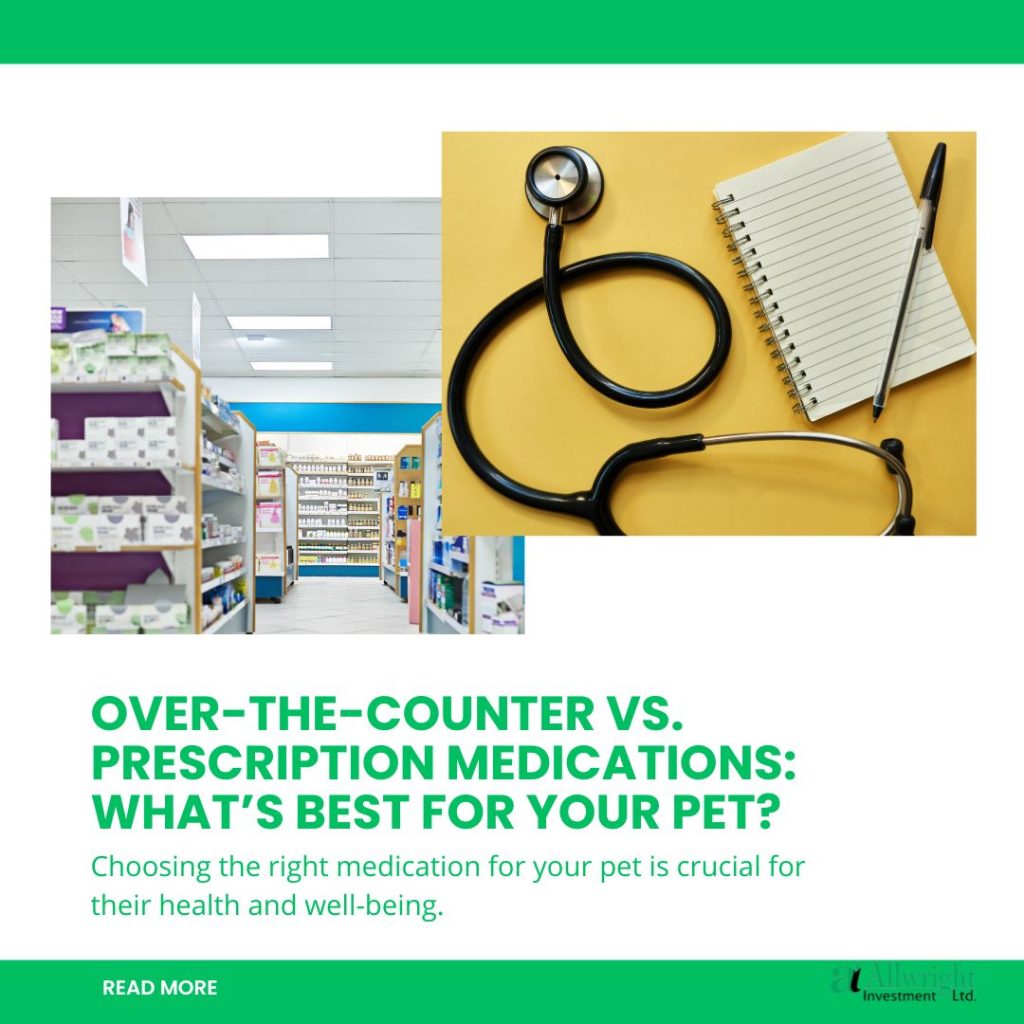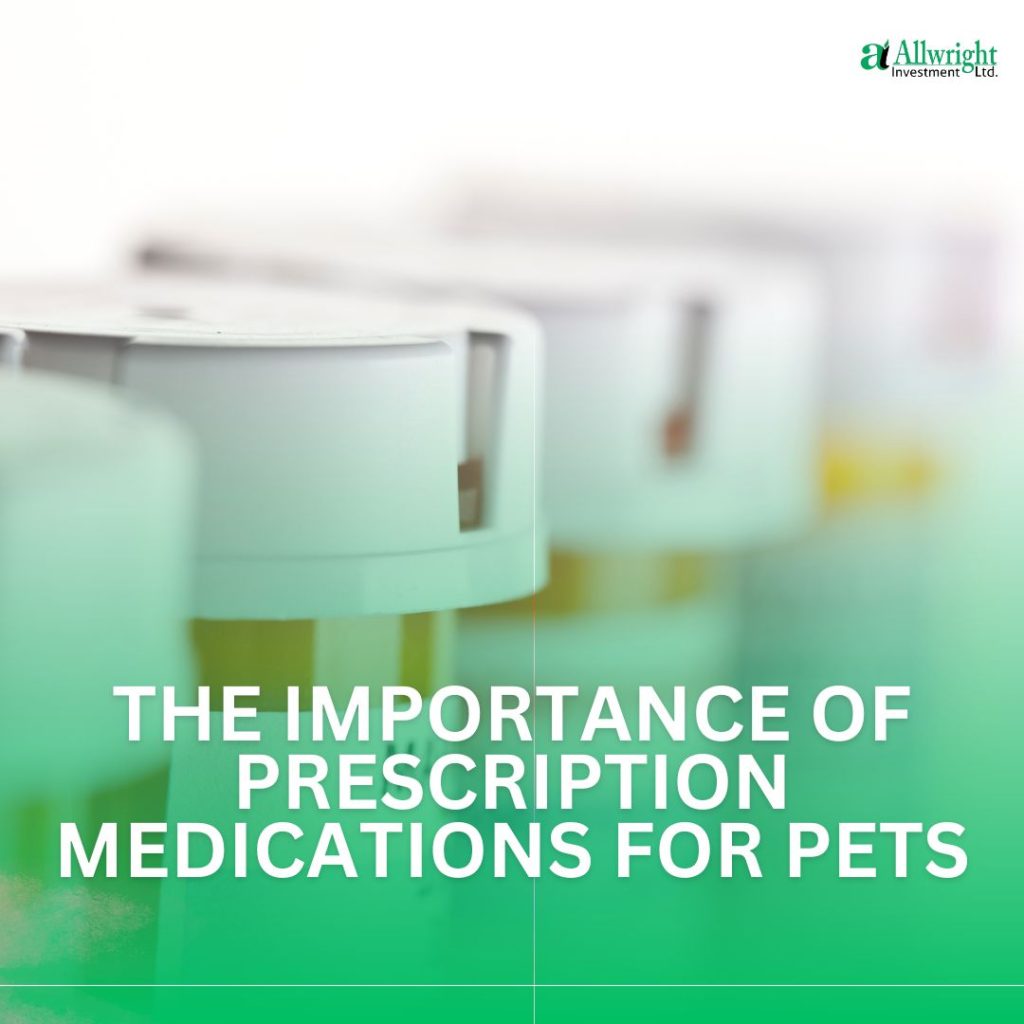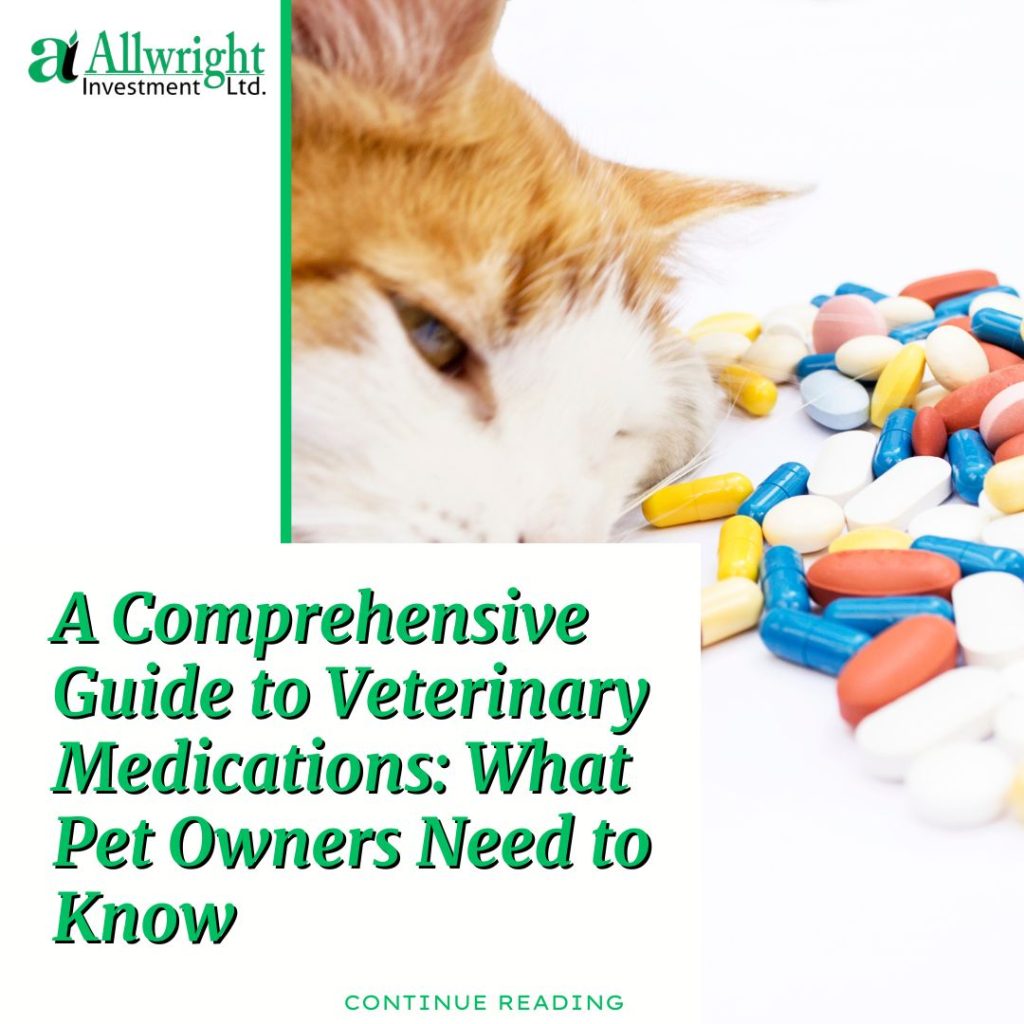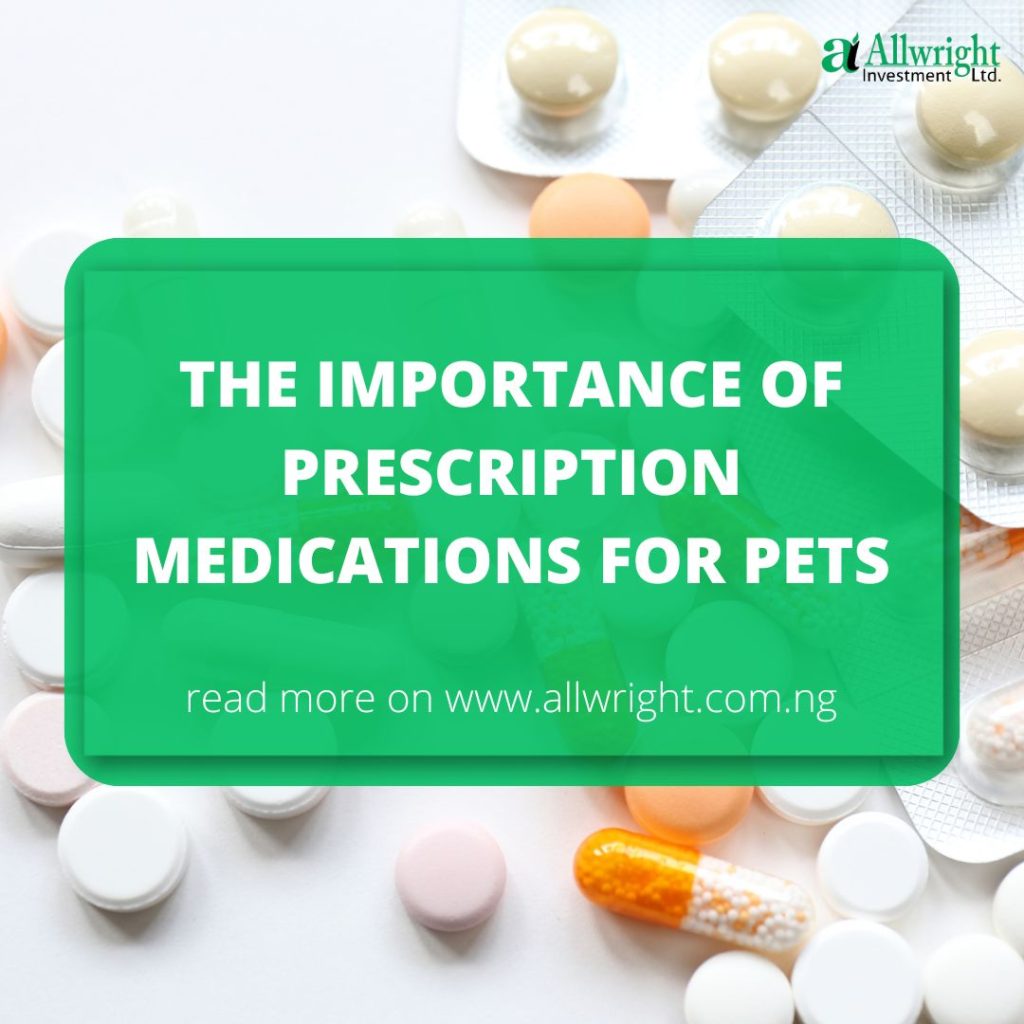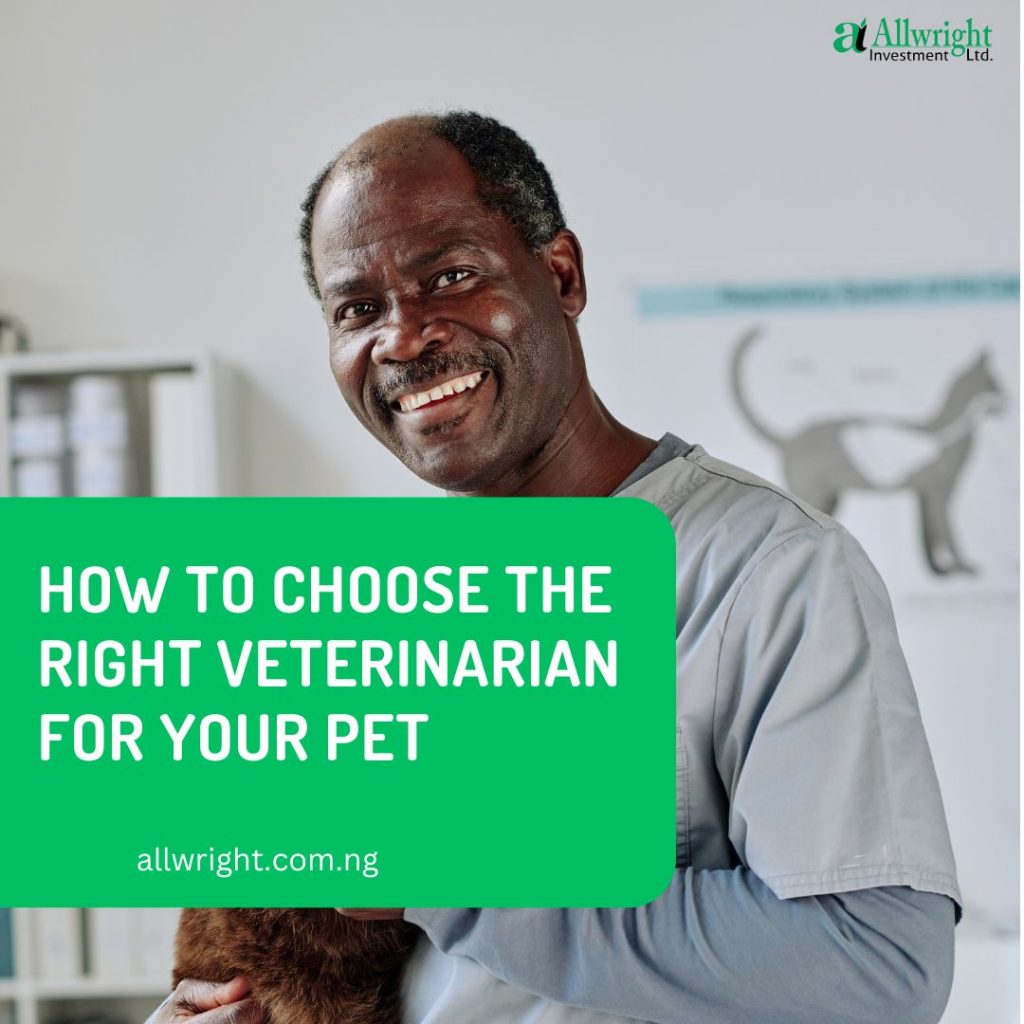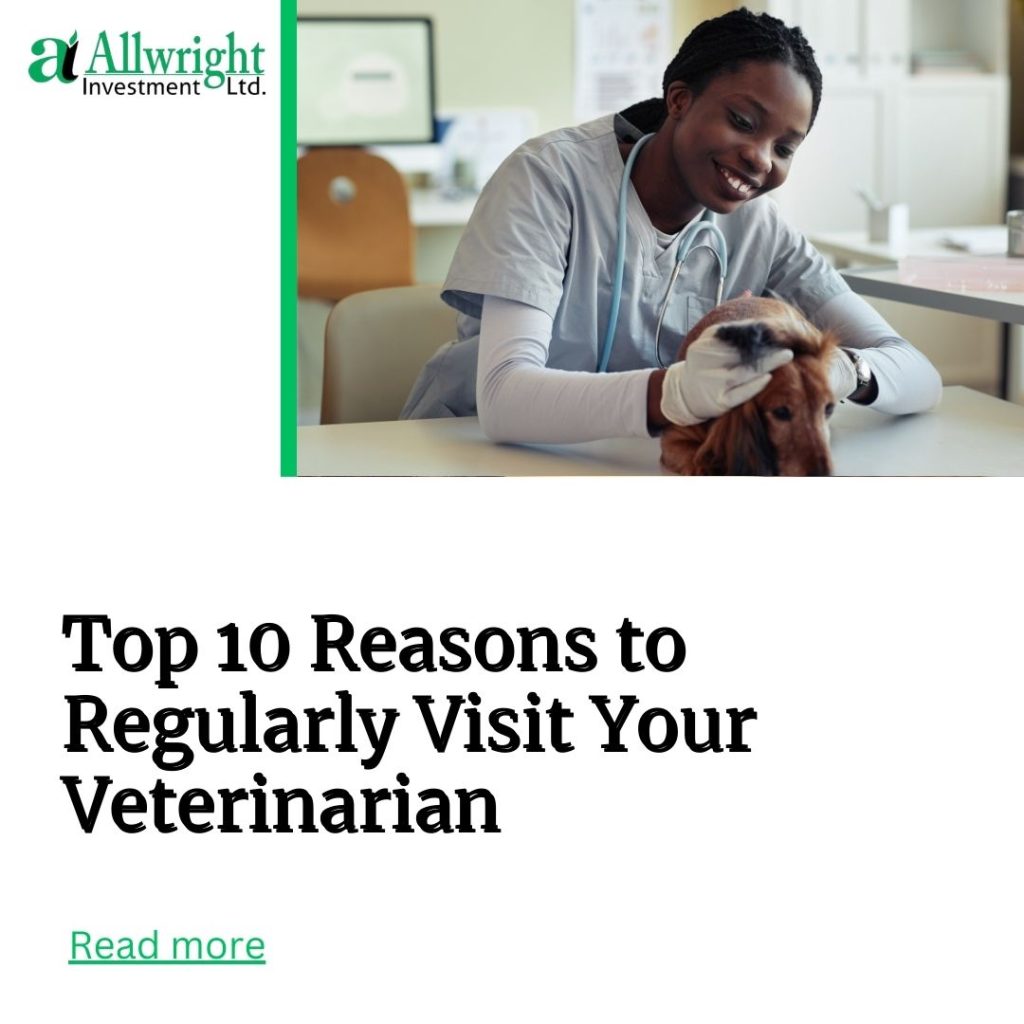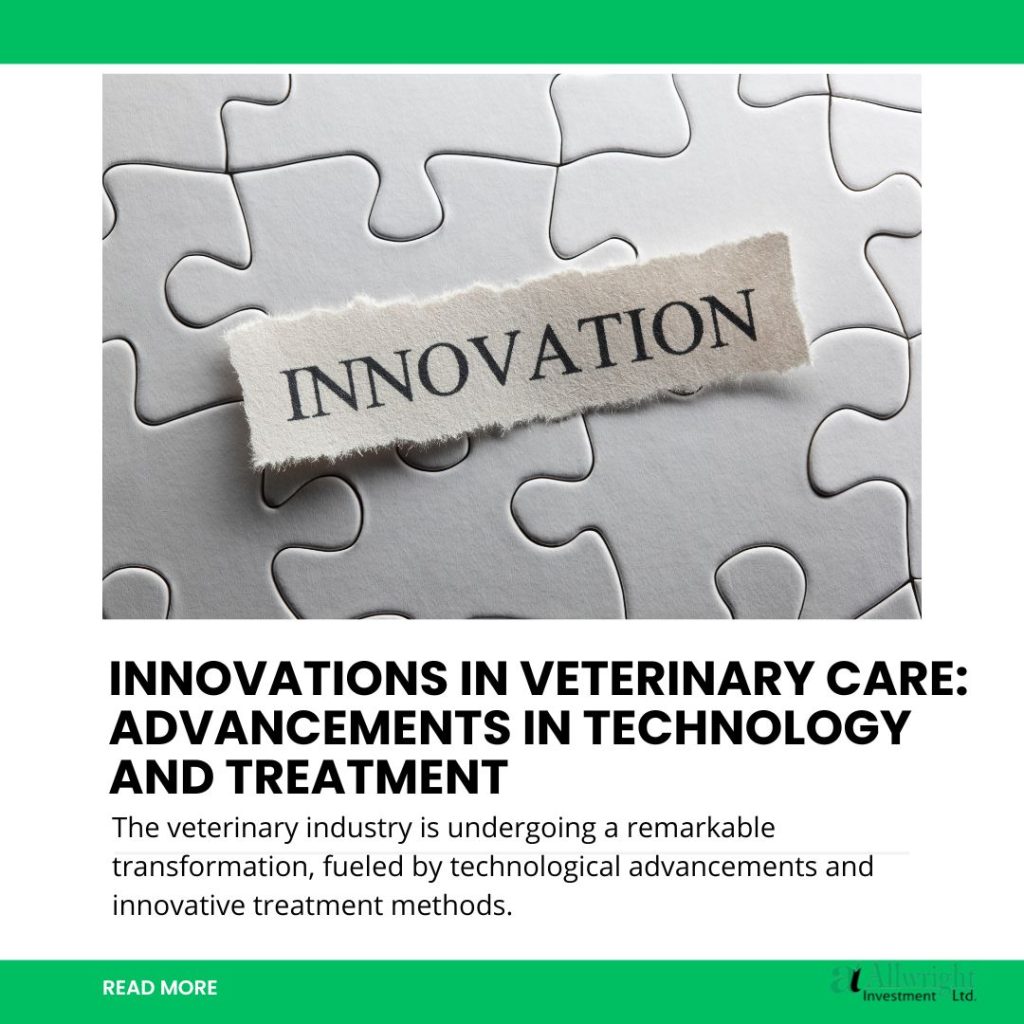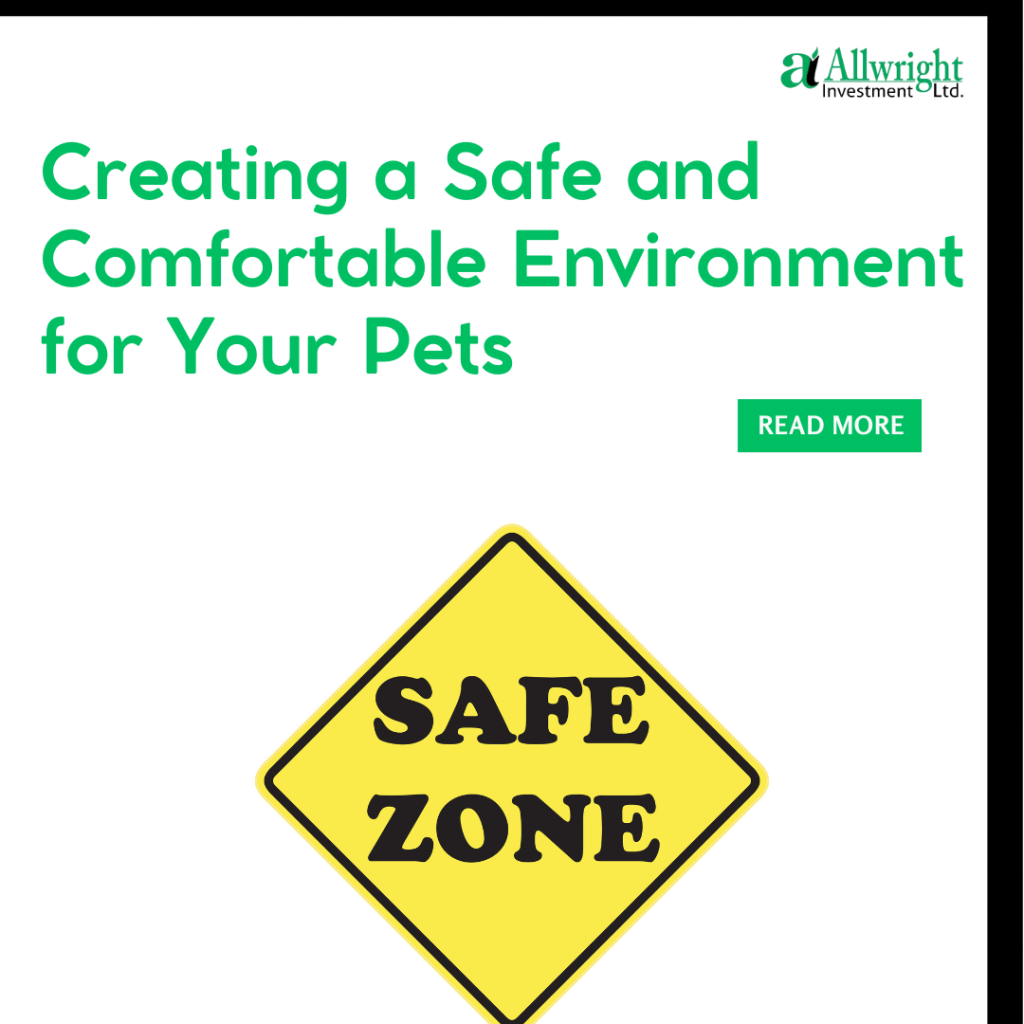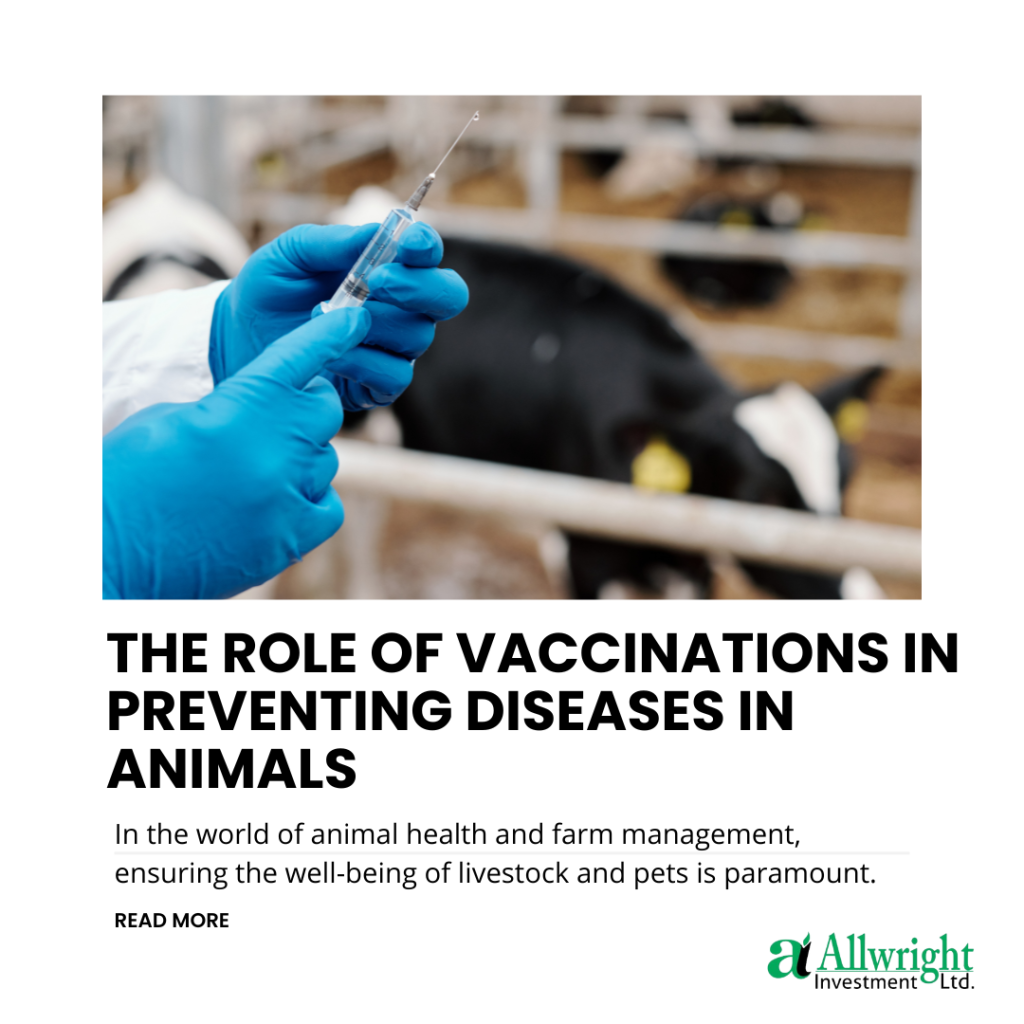5 Essential Tips for Maintaining Your Pet’s Health Year-Round
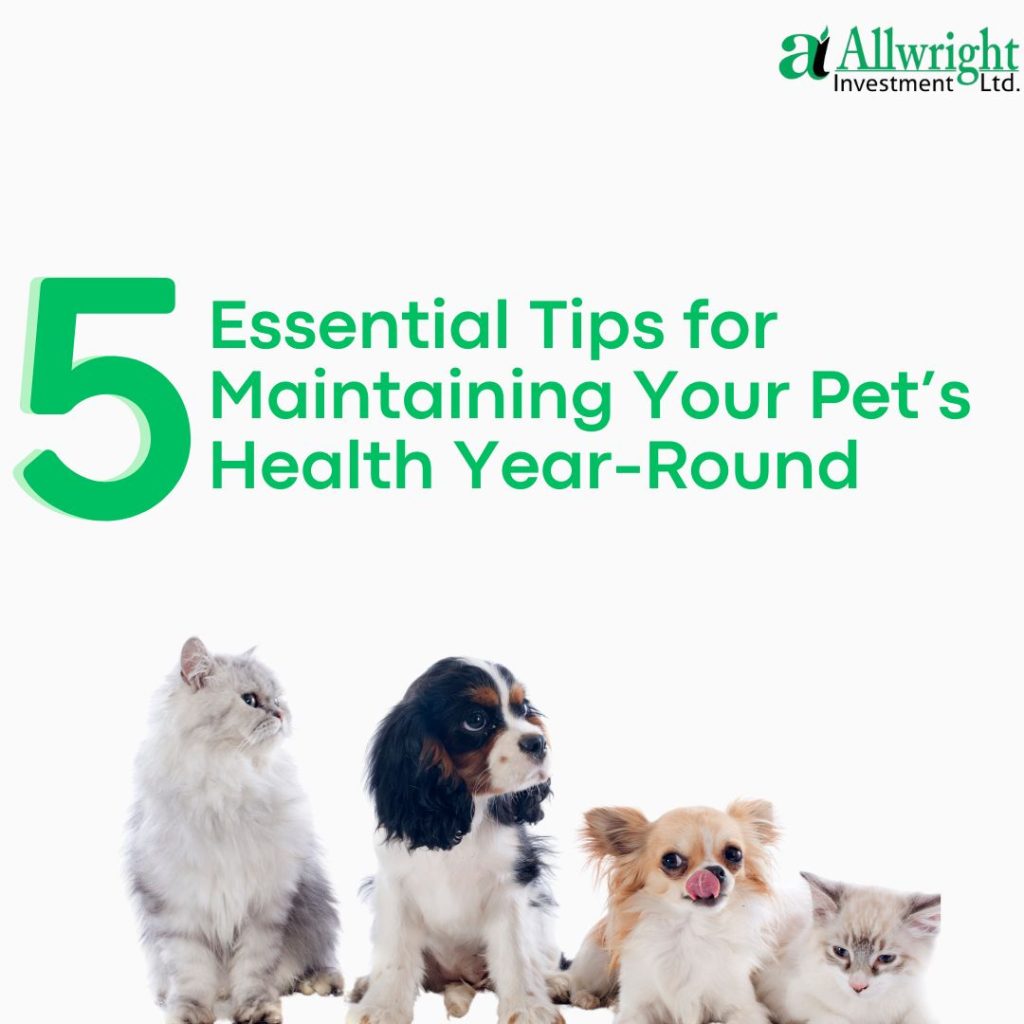
Maintaining your pet’s health is a year-round commitment that requires attention to various aspects of their well-being. Ensuring your furry friend stays healthy not only enhances their quality of life but also strengthens the bond you share. Here are 5 essential tips to keep your pet in top shape throughout the year.
1. Regular Veterinary Check-Ups
Regular veterinary check-ups are crucial for early detection and prevention of health issues. Annual or bi-annual visits to the vet help in monitoring your pet’s overall health and identifying any potential problems before they become serious. During these visits, your vet will:
- Conduct a thorough physical examination.
- Update vaccinations and preventive treatments.
- Provide dietary and lifestyle recommendations.
- Perform necessary diagnostic tests.
2. Balanced Diet and Nutrition
A balanced diet is fundamental to your pet’s health. The right nutrition supports their immune system, maintains a healthy weight, and keeps their coat shiny. Ensure your pet’s diet includes:
- High-quality protein sources.
- Essential vitamins and minerals.
- Adequate hydration.
- Age-appropriate food formulations.
Consult with your vet to determine the best diet for your pet’s specific needs and avoid overfeeding or giving them human foods that can be harmful.
3. Regular Exercise and Mental Stimulation
Exercise is very important for your pet’s physical and mental well-being. Regular physical activity helps prevent obesity, promotes cardiovascular health, and alleviates behavioral issues. Activities to consider include:
- Daily walks or runs.
- Interactive play sessions.
- Puzzle toys and games.
- Socializing with other pets.
Mental stimulation is equally important; it keeps your pet’s mind sharp and reduces stress. Provide a variety of toys and engage in training sessions to challenge their intellect.
4. Proper Grooming
Grooming is more than just keeping your pet looking good; it’s essential for their health. Regular grooming prevents matting, reduces shedding, and allows you to check for skin issues or parasites. Grooming practices should include:
- Regular brushing.
- Bathing as needed.
- Nail trimming.
- Ear cleaning.
- Dental care.
Proper grooming also provides an opportunity to bond with your pet and monitor their overall condition.
5. Preventive Healthcare
Preventive healthcare measures are essential to protect your pet from common diseases and parasites. Key preventive practices include:
- Vaccinations against common illnesses.
- Flea, tick, and heartworm prevention.
- Regular deworming.
- Dental check-ups.
Discuss with your vet the appropriate schedule for these preventive measures to keep your pet safe and healthy year-round.
Conclusion
Maintaining your pet’s health requires a proactive approach involving regular veterinary care, proper nutrition, exercise, grooming, and preventive measures. By following these essential tips, you can ensure your pet enjoys a healthy and happy life all year long.
For more personalized advice, consult with the veterinary experts at Allwright Investment Ltd. and take advantage of our comprehensive pet health services.

